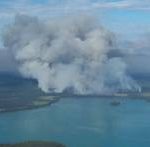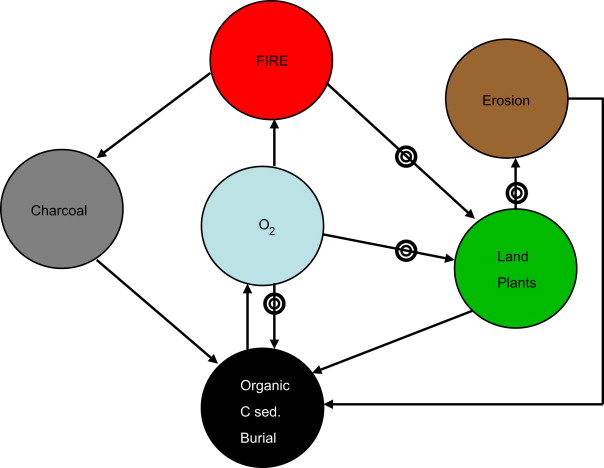You just survived a wildfire. Since they are not uncommon, particularly in the Western United States, most people will endure a wildfire at some point. If you have emerged mostly unscathed, you may be wondering what may happen to you after the fires have been completely doused.
There are a number of sometimes surprising side effects of wildfires, and they have the potential to cause you and your community further damage.
Flash Floods
One of the least-expected results of a wildfire is flash flooding. But in fact, it is very common. Wildfires burn trees, but they also clear the landscape of brush and other ground cover. The charred earth cannot absorb the water coming from heavy rainstorms or melting snow.
In this scenario, the water then passes quickly to housing developments and businesses downhill. If you live on or near a floodplain, you may be at particular risk for damage to your home.
Fire-Retardant Chemicals
When wildfires are spreading unchecked, local and state officials do everything they can to prevent the fires from damaging homes and businesses. Sometimes the actions they take have dangerous side effects. For example, last year helicopters dropped hundreds of thousands of gallons of red slurry onto Colorado forests to act as a flame retardant.
Filled with ammonia and nitrates, red slurry kills fish and can taint water supplies. The federal government is implementing legislation that will ban the use of red slurry within 600 feet of water sources. But officials in communities all throughout the West say that they will continue to use red slurry wherever it is necessary, with intentions to repair damage after the fire has been contained.
Health Threats
Common sense dictates that smoke inhalation is bad for you. That much is obvious. But how much damage can it cause, and what other threats do the after-effects of wildfires pose to your health?
 They range from respiratory conditions and carbon monoxide poisoning to attacks by animals and insects. If you have an ailment such as heart disease or asthma, you may find your condition worsened dramatically after the wildfire. You may experience an inability to breathe normally, chest congestion or wheezing. When smoke levels are at their highest, even healthy people may feel these symptoms. Recently, residents have even been asked to consult their air conditioning repair company in Rancho Mirage areas because of the impacts the fires can have on individuals respiratory systems. It’s very important to keep outside are out of your home by setting your a/c to the “recirculate” setting.
They range from respiratory conditions and carbon monoxide poisoning to attacks by animals and insects. If you have an ailment such as heart disease or asthma, you may find your condition worsened dramatically after the wildfire. You may experience an inability to breathe normally, chest congestion or wheezing. When smoke levels are at their highest, even healthy people may feel these symptoms. Recently, residents have even been asked to consult their air conditioning repair company in Rancho Mirage areas because of the impacts the fires can have on individuals respiratory systems. It’s very important to keep outside are out of your home by setting your a/c to the “recirculate” setting.
The danger is not just outside, however. Inside your home, you face risk of carbon monoxide poisoning. Power outages often occur during a wildfire, and you may be using alternate sources of power during that time. Using a generator in an indoor setting can be very dangerous. Generator exhaust leads to a buildup of carbon monoxide in your home, which can kill you silently if it doesn’t escape. Any other sources of energy that rely on gas (camp stoves, grills, or pressure washers) can lead to a similar accumulation.
Wildfires leave you vulnerable not just to the elements, but also to other species. If you are surviving outside or find your home more exposed than normal, it is important to watch out for animals and insects seeking refuge from the flames. As much as possible, you should avoid contact with wild animals and biting or stinging insects. Local medical attention is usually overtaxed at this time, so it makes sense to prevent circumstances that place you at continued risk.
Disaster Debris
When a wildfire has burned through your community, it creates huge amounts of debris. Destroyed homes and other man-made structures, personal property, and green waste will all need to be removed or cleaned somehow. Laws usually restrict burning or burying wreckage to avoid further smoke production, lessen the potential for continued fire damage, and prevent chemical exposure.
There are two parts to a wildfire: the fire itself and recovery. Without proper planning and attention to the potential after-effects, both can be a disaster.

